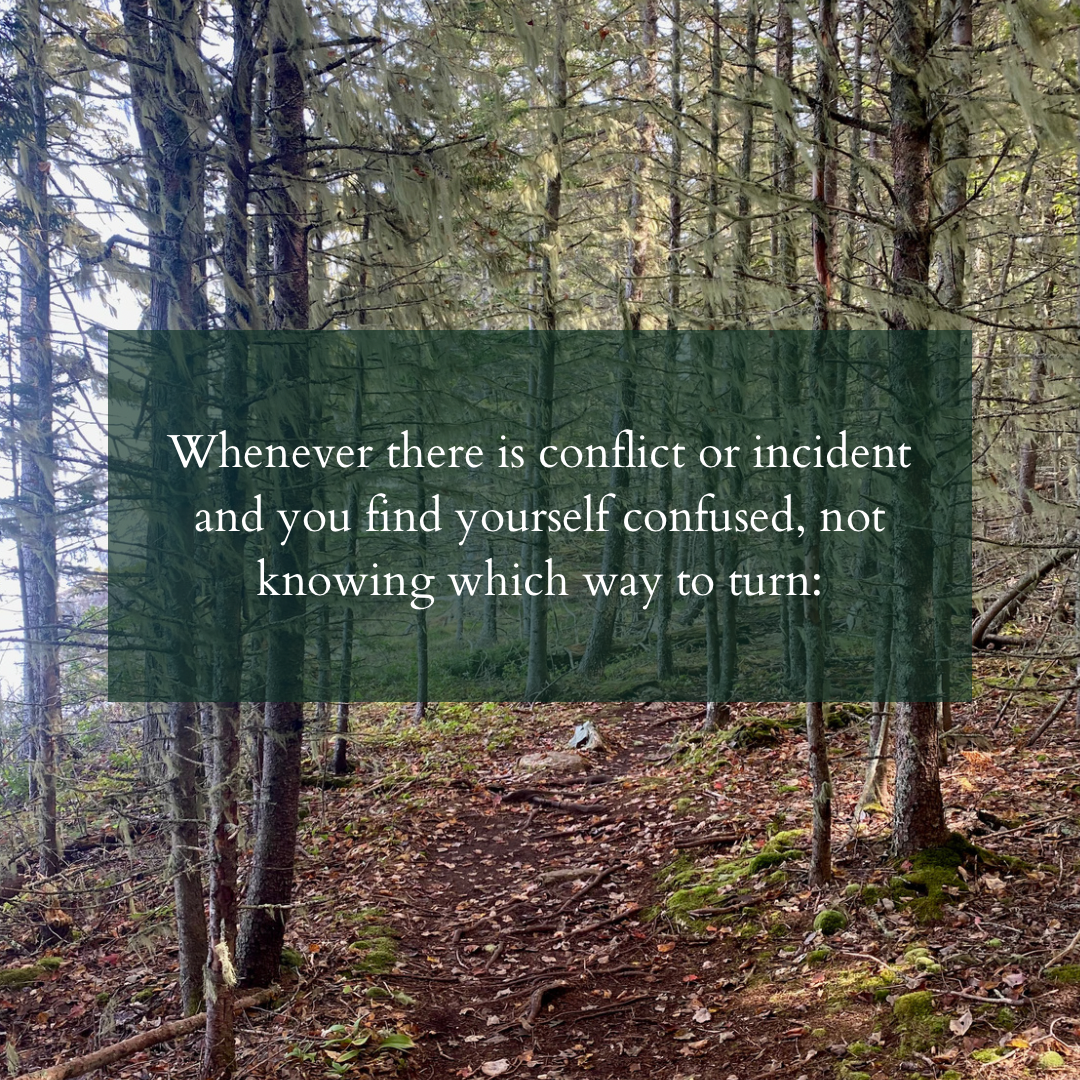War is always a failure of leadership. Violence, always a failure of creativity.
When we can experience failure without judgement, we will be closer to overcoming both.
A failure of creativity comes from a lack of resources. Not just a lack of basic need resources, we can still be highly creative without those ( it is an awesome and potent human quality). No, it’s a lack of deeper resources, inner resources depleted from the outside by other humans through imbalance of power.
Some times the only way to rebalance the power, is through the use of force. And, force is dangerous. It’s one of the most dangerous tools we can access. It takes great skill to use force lovingly. We must always be careful when we use force to rebalance power they we don’t become what we were trying to escape. That we don’t take it inside us. It takes great wisdom and skill.
The current evidence would indicate we do not collectively possess this level of wisdom and skill. We must find the courage to practice. We must concern ourselves with the safety of our spirits, must do more to protect against the separation from self. And from each other. And from Earth. We will never find the peace or security we seek otherwise.
These are not leading questions. I don’t offer them with a pre determined answer. We will and do encounter countless complex conflicts. These are orienting questions for when we feel confusion, or when we need more information. Like moon light in the dark of night, these questions help make sense of the shapes we see.
They also reinforce our sense of connection. Help us recognize our own position of power. Positions of power change with context. If we are practicing presence we are more likely to recognize these changes and support ourselves. Our goal should always be powering with. Remembering that protects our cause and our spirits.


















